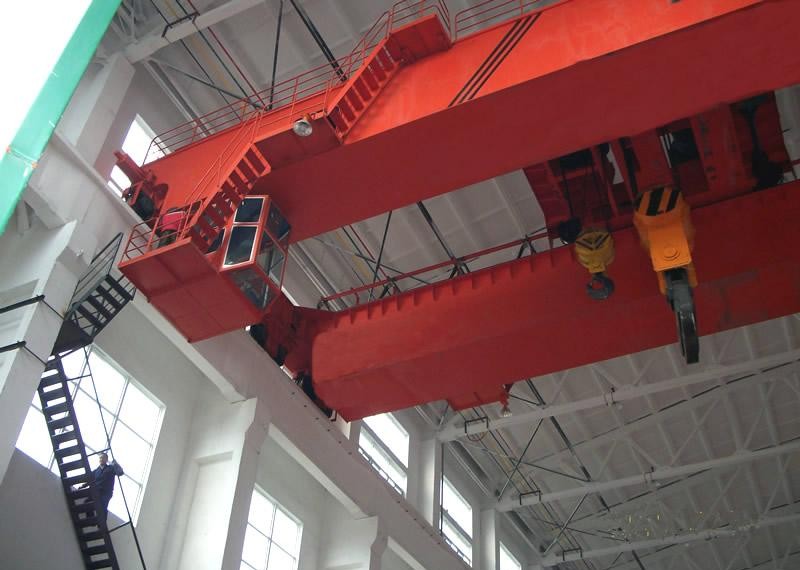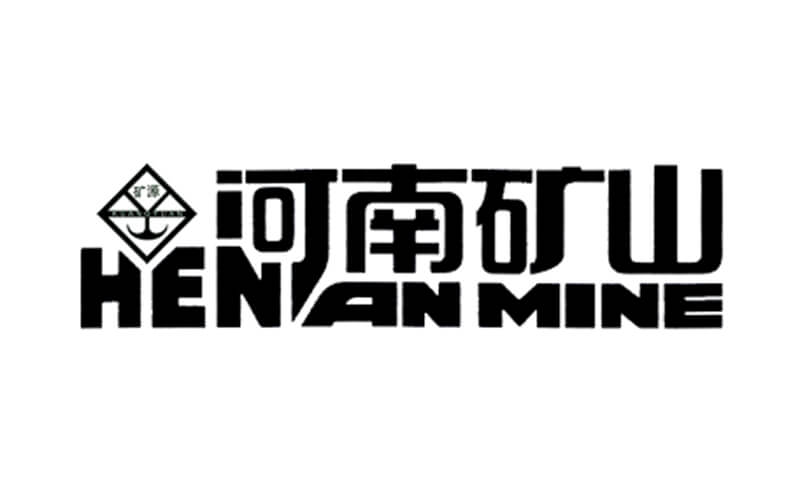
The difference between casting crane and ordinary crane
Casting cranes are essential crane equipment for steel plants. Their use environment is much worse than general bridge cranes, and their manufacturing requirements are stricter. The editor will briefly introduce the difference between casting cranes and ordinary cranes.
Casting cranes require a high level of work for ordinary cranes
1. Use special motors for metallurgical lifting. When the ambient temperature exceeds 40°C, use Class H insulated motors;
2. Two sets of independent brakes (dual brakes) are installed;
3. A lifting weight limiter must be installed;
4. Equipped with different forms of double limiter (double limiter) of the ascending limit position of different forms (usually combined with heavy hammer type and rotary type), and should control different circuit breakers, cranes with a lifting height greater than 20m, and The lower limit position limiter should be installed according to the needs;
5. Use thyristor stator voltage regulation, eddy current brake, energy consumption brake, thyristor power supply, DC unit power supply and speed regulation, and other hoisting mechanisms that may cause overspeed due to speed regulation and general-purpose lifting mechanisms for lifting molten metals above 20t The bridge crane must have overspeed protection;
6. The hoisting mechanism should have the function of forward and reverse contactor failure protection to prevent the motor from losing power while the brake is still energized and causing a stall;
7. The protection level of all electrical equipment should meet the requirements of relevant standards;
8. For hoisting machinery that has been working in a high temperature environment for a long time, protective measures must be taken for its electric control equipment;
9. Choose a steel wire rope suitable for high temperature occasions, and have a sufficient safety factor;
10. Cast iron pulleys are not allowed;
11. If the original crane’s working level is lower than A6 (excluding A6), the load should be reduced for use. The descending range should be determined according to the actual working conditions, but the specified lifting capacity after the load reduction shall not exceed 80% of the original rated lifting capacity.
In the production of enterprises, ordinary cranes cannot be used in casting applications.


